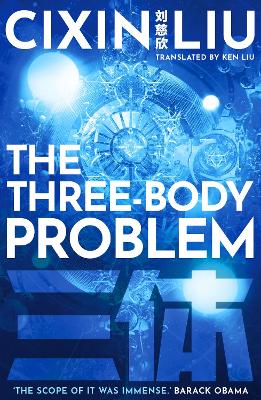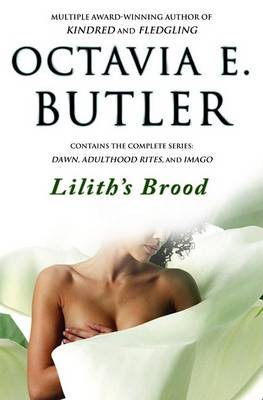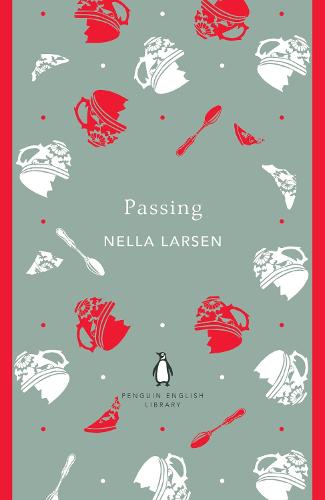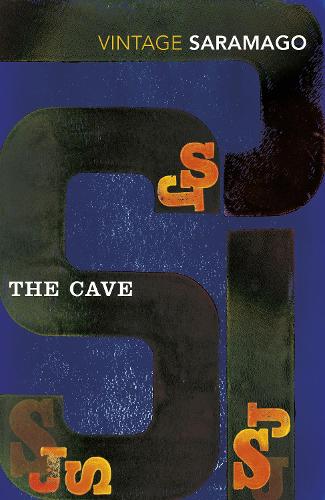I read these five – well, actually nine because two of these are trilogies – which were all published way before the plague year, but are thought-provoking and really worth reading
The Three-Body Problem by Liu Cixin was first published in 2008, with the full approval of the Chinese state. It is ‘hard sci-fi’, tracking forward 80 million years in this and the two following books in the trilogy – The Dark Forest and Death’s End – and spelling out along the way the ambitions of current regime and ideological representations of what ‘dark forest’ it faces in the world. This is reactionary breath-taking stuff, but compelling.

Lilith’s Brood by Octavia E Butler is a speculative fiction trilogy published between 1987 and 1989 attentive to race, gender. The three books – Dawn, Adulthood Rites and Imago – trace an encounter of humans with aliens who are completely immersed in nature, and the fascination and repulsion at what that immersion might entail. There are themes here that Butler explores in other books, of our current hatred of what is different to us. Read all her work.

Passing by Nella Larsen was first published in 1929 and released as a film this year, with the main characters dealing in different ways with race segregation, reflecting issues Larsen faced in her own life, and making life-style choices that involve ‘passing’ not only as White but as middle-class. The film captures well the tone of the beautifully-written book, a reflective interiorised sense of racism, self-sabotage and a little misplaced resistance.

Under the Net by Iris Murdoch was first published in 1954. Murdoch, who was a member of the Communist Party during the war, and who wove her philosophy into her novels, included in this first novel evocations of life in London and encounters along the way with Lefty Todd, leader of the New Independent Socialist Party. The ‘net’ that she gets under is the web of language, and she does enable a few hours of escape from this world as you read the book.

The Cave by José Saramago was first published in 2000, and is included in the collected novels e-book which you could just go through, they are all great. Saramago, a member of the Portuguese Communist Party, tells his stories from the point of those who labour. This haunting novel is a superb example, with descriptions of creativity, alienation and the encounter with a corporate world that cares nothing for us. Read all his work.


